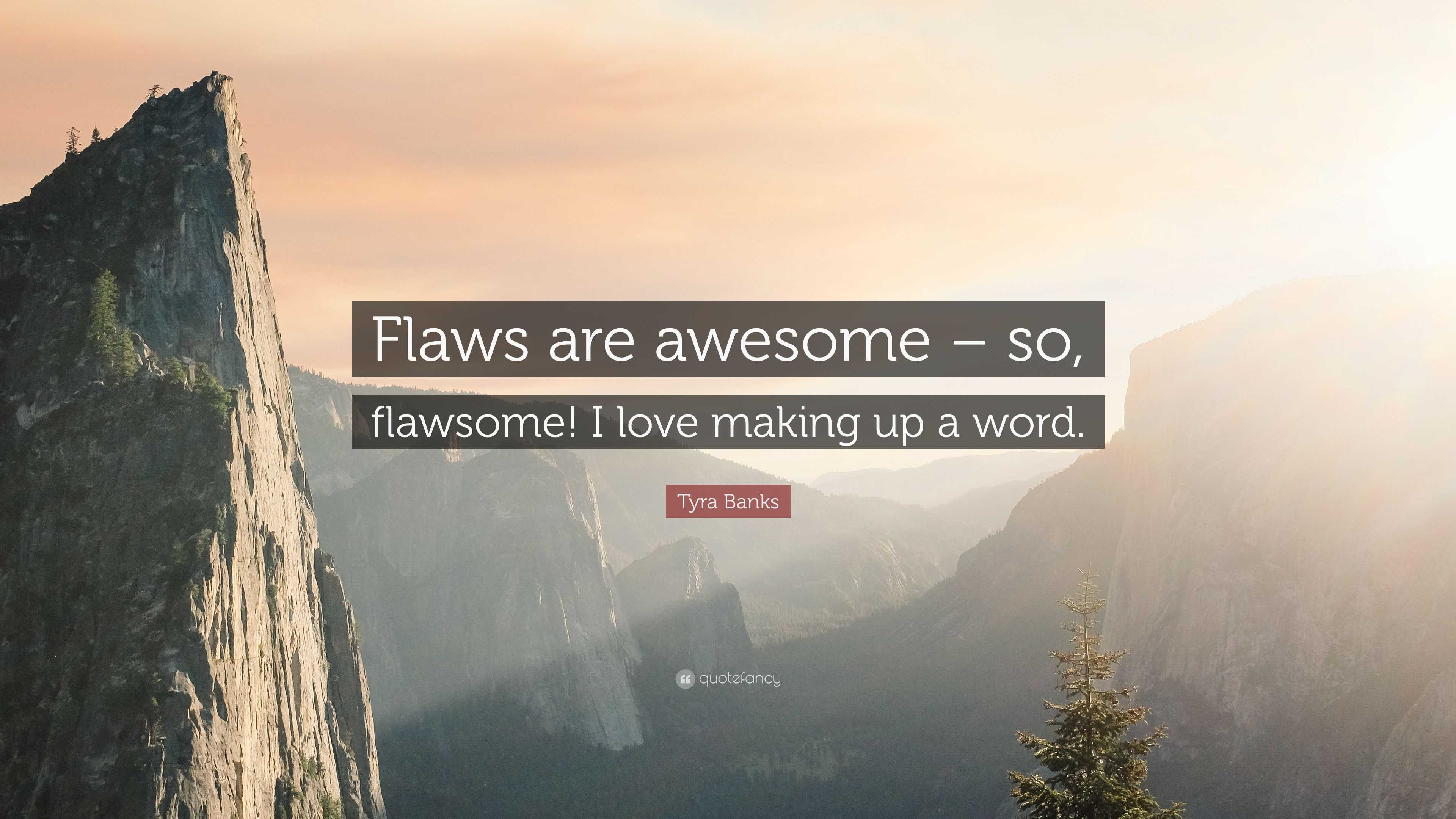:format(webp)/cdn.vox-cdn.com/uploads/chorus_image/image/49546171/ChxnUSdWsAAr4sT.jpg-large.0.0.jpeg) |
| RRS Sir David Attenborough |
In March 2016 the Natural Environment Research Council asked the people of the internet to name its newest research ship. The ship was due to study the effects of climate change for the British Antarctic Survey, an institute dedicated to researching polar regions, and would be part of the most advanced floating research fleet in the world
The United Kingdom's science minister, Jo Johnson, said the public naming campaign, #NameOurShip, was intended to give everyone across the UK the "opportunity to feel part of this exciting project and the untold discoveries it will unearth."
Some people came on board (sorry, not sorry) with appropriately prestigious names for the world-class research vessel, such as RRS (Royal Research Ship) Shackleton, RRS Falcon, RRS Endeavour or RRS Attenborough. Others, however, offered up less serious suggestion, such as former BBC Jersey radio presenter, James Hand who proposed the infamous Boaty McBoatface. Despite receiving ten times more votes than any other name, the vessel was eventually named RRS Sir David Attenborough.
 |
| The Duke and Duchess of Cambridge with Sir David Attenborough at the official naming ceremony of RRS Sir David Attenborough - photo credit British Antarctic Survey |
Hand apologised for the entry and for causing NERC's website to crash with all the excitement about Boaty McBoatface. But the people at NERC were not at all offended, with a spokesperson tweeting back, "A bit of fun is good for us all", and noting that now millions more know about a research ship looking to address the ever-important issue of climate change. And in a move that kept everybody happy, Boaty McBoatface is the name of one of the submersibles deployed from RRS Sir David Attenborough. The advanced underwater submarine is designed to reach depths of 6,000m and journey independently under the ice in polar regions, to conduct a range of expeditions in the Arctic and Antarctic regions.
:max_bytes(150000):strip_icc():focal(999x0:1001x2)/boaty-mcboatface-2000-1c651a8686274a06b533c44bc57aa6a9.jpg) |
| Boaty McBoatface |
Meanwhile, proving that the Great British Public really can't be trusted with voting in polls (cough *Brexit* cough), other names suggested for the $288million world-class polar research vessel were:- RRS I Like Big Boats and I Cannot Lie
- RRS Capt'n Birdseye Get Off My Cod
- RRS It's Bloody Cold Here
- RRS What Iceberg
- RRS Big Metal Floaty Thingy-thing
:format(webp)/cdn.vox-cdn.com/uploads/chorus_image/image/49546171/ChxnUSdWsAAr4sT.jpg-large.0.0.jpeg)

:max_bytes(150000):strip_icc():focal(999x0:1001x2)/boaty-mcboatface-2000-1c651a8686274a06b533c44bc57aa6a9.jpg)

